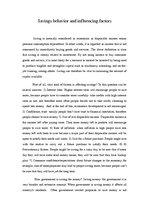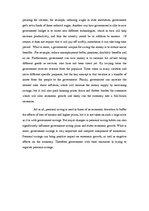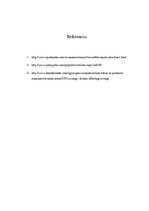By levying taxes the government receives revenue from the populace. Taxes come in many varieties and serve different specific purposes, but the key concept is that taxation is a transfer of assets from the people to the government. Finally, government can increase the interest rates above inflation, which will increase the money supply by increasing savings, but it will also push housing prices down and further burden the consumer which will slow economic growth and likely run the economy into a full-blown recession.
All in all, personal saving is used in times of an economic downturn to buffer the effects of loss of income and higher prices, but it is not taken on such a large scale as it is with government savings. But major changes in personal saving habits can also significantly influence government saving plans and states economic growth. What is more, government savings is very important and complex component of economics. Personal savings can bring positive impact on economic growth, as well as negative effects on the economy. Therefore government with their resources is trying to regulate personal savings.
…
Saving is normally considered in economics as disposable income minus personal consumption expenditure. In other words, it is regarded as income that is not consumed by immediately buying goods and services. The above definition is clear that saving is closely related to investment. By not using income to buy consumer goods and service, it is most likely for a resource to instead be invested by being used to produce tangible and intangible capital such as machinery, schooling, and on-the-job training, among others. Saving can therefore be vital to increasing the amount of capital available. First of all, what kind of factors is affecting savings? To this question can be several answers. 1) Interest rates: Higher interest rates will encourage people to save more, because people have to consider more carefully- take credits with high interest rates or not, and therefore more often people decide not to take credit, choosing to spend less money. And at the end of this, economics development is not encouraged. 2) Confidence, trust: usually people don’t have trust to financial institution; therefore people choose to save money.



